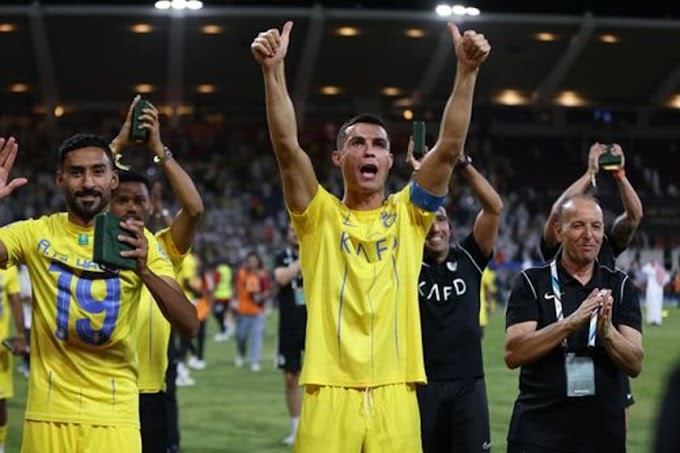 |
| [Photo:Gonzalo Fuentes/AP] |
Indian Prime Minister Narendra Modi was invited as the guest of honour at France's annual Bastille Day parade on July 14. During his visit, Modi was also awarded the Legion d'Honneur, the highest civilian award in France, by President Emmanuel Macron. This visit was significant as it marked the first time an Indian leader was invited as a guest of honour at the prestigious event.
The visit was also characterized by several high-profile defence deals between the two countries. France announced the sale of 36 Rafale fighter jets to India in 2016, and this visit saw further discussions on defence collaboration and technology transfer. Modi and Macron discussed the strengthening of strategic ties between India and France, particularly in defense, security, and counter-terrorism cooperation.
Modi's invitation as the guest of honour and the awarding of the Legion d'Honneur reflect the growing closeness between India and France. Both leaders expressed their commitment to deepening bilateral relations and enhancing cooperation in various fields, including defence, trade, and investments.
The visit also symbolized India's growing international influence and its status as a key player on the global stage. Modi's presence at the Bastille Day parade highlighted India's importance as a strategic partner for France and emphasized the significance of their bilateral relationship.
Bastille Day
Bastille Day, also known as National Day, is the most important public holiday in France. It falls on July 14th every year and commemorates the storming of the Bastille prison in Paris during the French Revolution. This event marked the beginning of the revolution and the end of the absolute monarchy in France. Over time, Bastille Day has come to symbolize the values of liberty, equality, and fraternity that are at the heart of the French Republic.
Bastille Day is significant to France because it celebrates the country's history and the values that have defined it. It is a moment to reflect on the importance of democracy and freedom, and to honor the men and women who fought for them. The storming of the Bastille represented a turning point in French history, a moment when the people of France rose up against their tyrannical rulers and demanded change. This event paved the way for the French Revolution and the eventual establishment of the French Republic.
The day is also significant for the role it has played in shaping French national identity. Bastille Day is a time for the French to come together and celebrate their shared heritage and culture. It is a day when the tricolor flag is proudly displayed, and the national anthem, "La Marseillaise," is sung with great passion. The day is a reminder of the values and ideals that unite the French people, despite their differences.
One of the ways in which Bastille Day is observed is through a military parade on the Champs-Élysées in Paris. This parade features troops from the French armed forces as well as foreign troops, and includes displays of military hardware such as tanks and fighter jets. The parade is attended by the President of the French Republic and other government officials.
Another important part of Bastille Day celebrations is fireworks. In many cities and towns across France, people gather to watch fireworks displays that light up the night sky. These displays are often accompanied by music and other festivities, and are a joyful expression of national pride.
In conclusion, Bastille Day is an important day for France and its people. It celebrates a pivotal moment in the country's history and the values that have defined it. While this year's celebrations may be more subdued than in years past, the spirit of Bastille Day remains strong, and the French people will continue to celebrate and honor their shared heritage and culture.

.jpeg)




